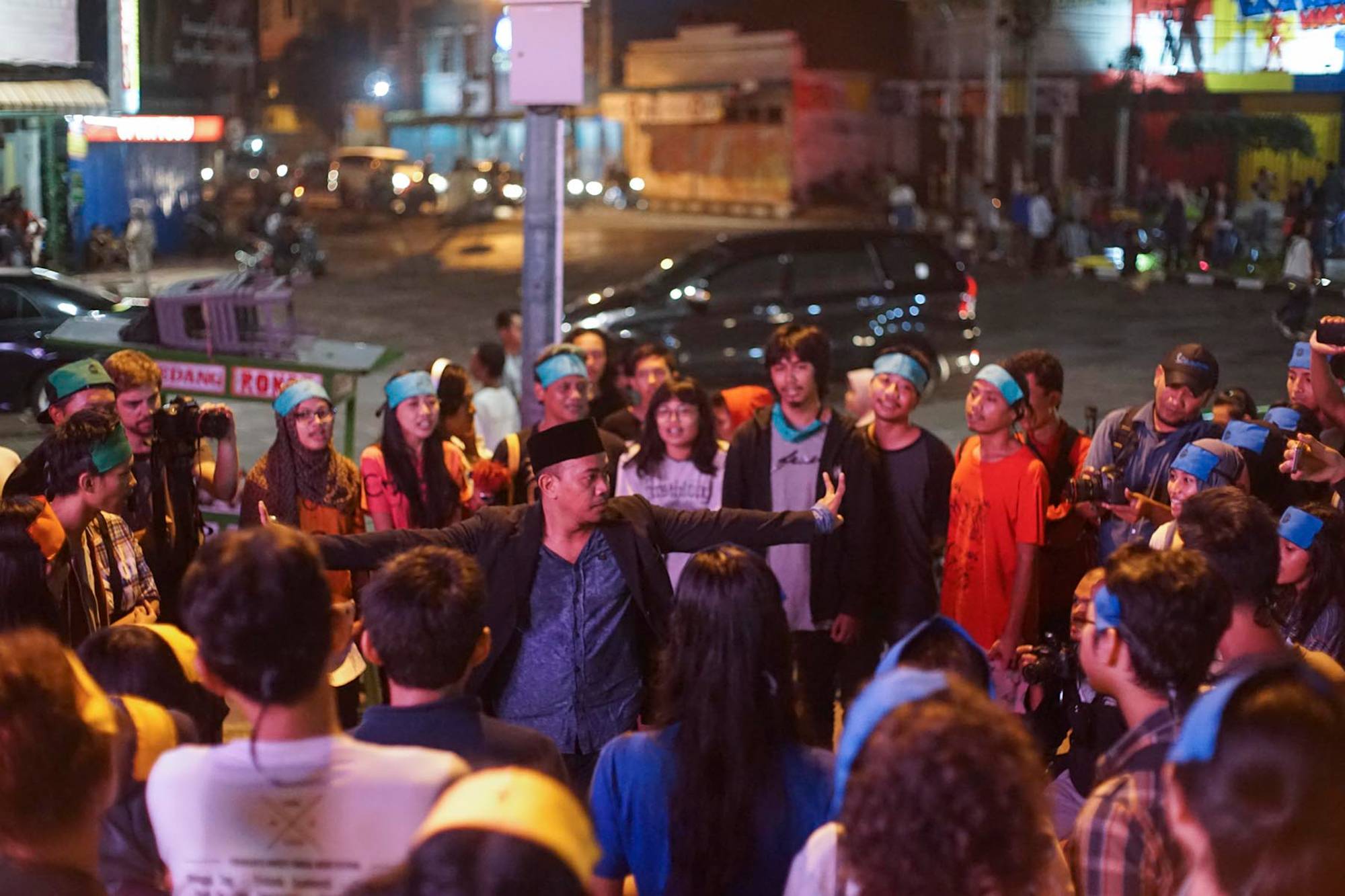In these pandemic times, the digital tools that connect people in the absence of travel have, by necessity, led to our voices taking precedence over our bodies. Fewer domains have felt the effects of this disembodiment more acutely than the performing arts.
In Japan, as in many parts of the world, theaters are still struggling to find funding, facilitate live productions, run rehearsals, conduct outreach programs and fulfill the many activities that make up the community-based art form.
Despite these setbacks the Kyoto Experiment (KEX) performing arts festival is going ahead with its October program. With the pandemic as its backdrop and social distancing still in effect, the theme for its 12th edition is “moshi moshi?!” a common expression used to answer the phone in Japan. Moshi moshi is often translated as “hello,” though it can also mean “excuse me” when hailing someone from a distance. In both instances, the utterance signals a person’s presence acoustically, while the rest of the body remains concealed.


















With your current subscription plan you can comment on stories. However, before writing your first comment, please create a display name in the Profile section of your subscriber account page.